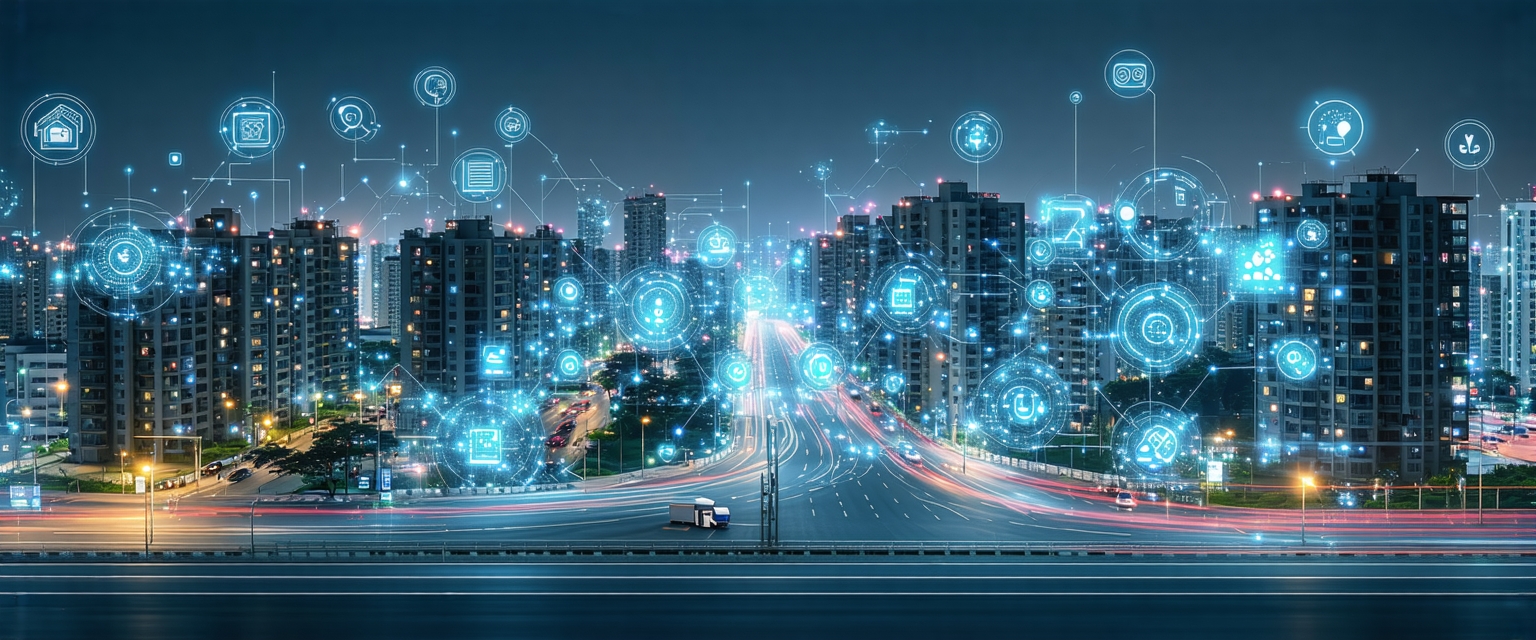






Smart city initiatives are rapidly evolving, leveraging technological advancements to enhance urban life. Recent developments showcase significant progress across various sectors, improving efficiency and sustainability.
The concept of smart cities has been gaining traction for years, focusing on integrating technology into urban infrastructure to improve services and quality of life. This includes initiatives in areas like transportation, energy management, public safety, and citizen engagement.
Early implementations often faced challenges related to data integration, interoperability, and cybersecurity. However, recent breakthroughs in areas such as AI and IoT are addressing these limitations, paving the way for more sophisticated and integrated solutions.
Recent advancements in artificial intelligence (AI) are revolutionizing various aspects of smart city management. AI-powered traffic management systems are optimizing traffic flow in real time, reducing congestion and improving commute times. Predictive maintenance algorithms are being used to anticipate infrastructure failures, reducing downtime and costs.
Furthermore, the increasing deployment of the Internet of Things (IoT) sensors is providing granular data on diverse urban processes, from energy consumption to waste management. This data allows for more precise analysis and targeted interventions, leading to improved efficiency and resource allocation.
The impact of these advancements is already being felt in numerous cities worldwide. Improved public transportation, reduced energy consumption, and enhanced public safety are just some of the positive outcomes. Moreover, the improved efficiency of city services translates to cost savings for municipalities and a better quality of life for citizens.
Citizen engagement is also enhanced through more accessible and responsive city services, fostering a sense of community and participation in urban development.
The future of smart cities hinges on further advancements in AI, IoT, and data analytics. The development of more sophisticated algorithms and robust cybersecurity measures will be crucial. Focus will also shift towards addressing ethical considerations and ensuring equitable access to the benefits of smart city technologies.
Further integration of various city systems is essential for creating truly holistic and interconnected smart city ecosystems. This will involve collaboration across different departments and organizations within a city.